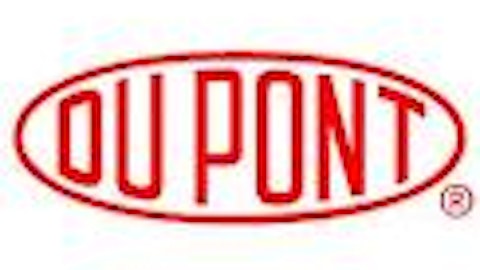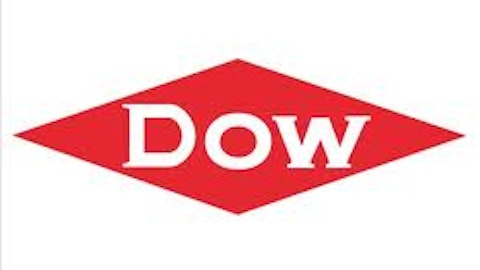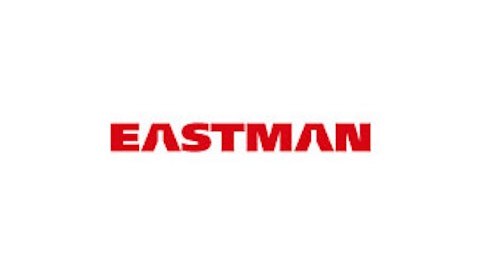The global demand for chemicals grew weaker in 2012. However, it is anticipated that the stagnant growth trend will come to an end in 2013. The players in this industry are using various strategies and business alliances to increase their market shares and to improve their margins. In this article, I will analyze the impacts of the recent acquisition made by a well-known industry player FMC Corp (NYSE:FMC). Later in the article is a brief discussion of the strategies and alliances of FMC’s two peers, Praxair, Inc. (NYSE:PX) and Eastman Chemical Company (NYSE:EMN).
Industry players’ growth strategies
FMC Corp (NYSE:FMC) has announced the purchase of Epax, a leading manufacturer of concentrated omega-3 fatty acids. FMC operates in three different segments: agricultural products, specialty chemicals and industrial chemicals. FMC does not have any omega-3 products in its existing portfolio, but it has considerable expertise in its marine sourced ingredients.
The acquisition will strengthen its expertise in functional ingredients for the food and the pharmaceutical markets. It will increase FMC Corp (NYSE:FMC)’s revenue immensely because the global market for omega-3 is growing by leaps and bounds. Omega-3 is not only being used in food, beverages and supplements, but also in beauty and healthcare products and pet foods. The growing consumer awareness about the numerous health benefits of omega-3 fatty acids is the key driver of this rising demand.
The current market size for Omega-3 fatty acids is $2.1 billion per year, and it is projected to grow by 12% to 15% annually. Therefore, we can expect that after this acquisition, the revenue of FMC will also see an increase of 12% to 15% annually, leading to higher net profits and per share earnings.
Moreover, the acquisition will help FMC Corp (NYSE:FMC) serve in the nutraceutical market, which is also a very high growth market. The nutraceutical product market is anticipated to reach $204.8 billion by 2017, growing at a rate of 6.3%. It is evident from these facts that this acquisition will turn out to be very beneficial for FMC.
Now, let’s have a look at FMC Corp (NYSE:FMC)’s competitors.
Praxair, Inc. (NYSE:PX) is penetrating into the chemical market by adopting many different approaches. To begin with, the company has entered into an industrial gas joint venture with KuibyshevAzot in Central Russia. This agreement will increase the production of liquified natural gas. At the same time, it will also result in cost savings to the company. It will further increase the production efficiency and the long-term competitiveness of the company.
Secondly, Praxair, Inc. (NYSE:PX) has also acquired Volgograd Oxygen Factory to expand its presence in South Korea. The acquisition is expected to bring immediate synergies and drive new profitable growth from VOF’s large packaged gas in this region.
Lastly, Praxair, Inc. (NYSE:PX) has expanded its hydrogen supply in the Gulf Coast plant and also expanded its new air separation plant in Korea, after which it became the largest atmosphere air gasses supplier to Samsung. The expansion of the hydrogen plant will provide additional capacity to supply 135 million standard cubic feet per day of hydrogen, 450,000 pounds per hour of steam and produce 1.2 barrels of high value low sulpher products.
As the market for industrial gasses is not very sensitive to economic fluctuations, its demand is constantly increasing over time. It is projected that the industrial gases market will grow at a rate of 9% until 2016 and will be worth $98,788 million. Due to this rising demand for industrial gasses, these joint ventures and acquisition by Praxair, Inc. (NYSE:PX) will increase the profits of the company due to its capacity enhancement.





